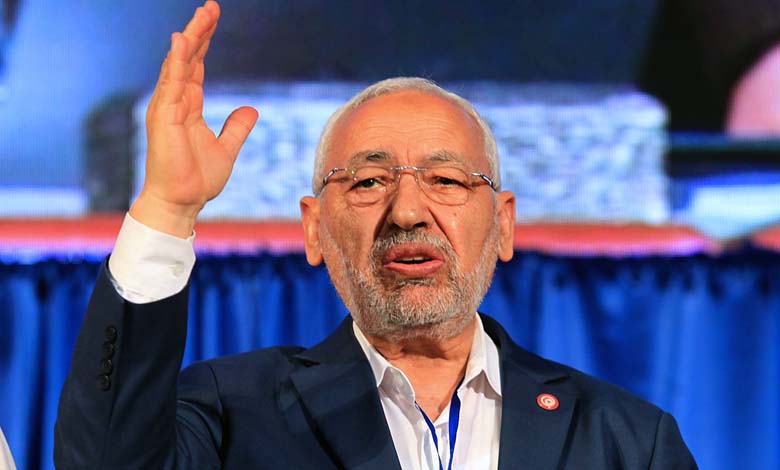“The Secret Apparatus” of Tunisia’s Brotherhood: A “Black Box” from Darkness to Light

Unidentified cars stopped in front of a premises in a suburb of the Tunisian capital, emptying it of its contents. However, the limited time frame caused them to leave behind crucial clues.
-
Tunisia’s Brotherhood Announces the ‘Buzz’: ‘Blue Flies’ Swarm over the ‘Rumor Dumps’
-
Ghannouchi banned from travel and similar decision against Tunisia’s Brotherhood accused of ‘Terrorism’
Intriguing details emerge before the known part of the case involving the “secret apparatus” of the Ennahdha Movement, the political arm of the Muslim Brotherhood in Tunisia, painting a comprehensive picture of a chilling octopus-like structure.
This is a dive into the backstage of Tunisia’s most sensitive security file, on the 11th anniversary of the discovery of a secret apparatus involved in terrorism, armed networks, espionage, and attempts to infiltrate foreign embassies.
The Story
The case began in December 2013, when the owner of a shop in Mornag, a suburb of Tunis, became suspicious of her tenant, Mustapha Khedher.
-
How Kais Saied Ended the Control of the “Muslim Brotherhood” Over Tunisia and Its Institutions: A Report Explains
-
Tunisia’s Brotherhood Still Trying to Escalate the Situation… What Have They Done?
At that time, Tunisia was under the rule of the Brotherhood and was suffering from a wave of terrorist attacks. Residents were increasingly wary of new tenants.
Khedher, who appeared at first glance to be an ordinary man with no overt signs of extremism, raised suspicions due to the unusual equipment he stored in the premises, supposedly a driving school.
The landlady’s doubts grew, but Khedher’s normal appearance and the advertised activity of a driving school made certainty difficult. Eventually, she decided to share her concerns with the police on December 19, 2013.
-
Tunisia Ends the Era of the Muslim Brotherhood: Kais Saied Wins Presidential Election in the First Round
-
Tunisian Muslim Brotherhood Leader Sentenced to Three Years in Prison
The police contacted Khedher to question him, but he refused to cooperate. Before law enforcement could arrive to search the premises, unknown vehicles had already removed much of its contents.
An investigation revealed that these vehicles had taken boxes containing secret documents, some belonging to the Ministry of the Interior. However, only a small portion of these documents was made available to the judiciary.
-
Hours After His Release… Tunisian Authorities Re-Arrest Muslim Brotherhood Leader
-
The Death of One of the Most Dangerous Theorists of the Muslim Brotherhood… What Do We Know About Mohammed Ahmed Al-Rashid?
Invisible Hands
Later testimonies revealed that these documents had been stored in a secret room within the Ministry of the Interior, then headed by Ali Larayedh, a leader of the Ennahdha Movement.
Mustapha Khedher was implicated in the assassination of Chokri Belaïd and had been tasked by the movement to collect sensitive information on journalists, police officers, and other potential targets.
Ennahdha’s secret apparatus reportedly included a network of 21,000 individuals embedded within state institutions, occupying strategic positions to facilitate the movement’s activities.












